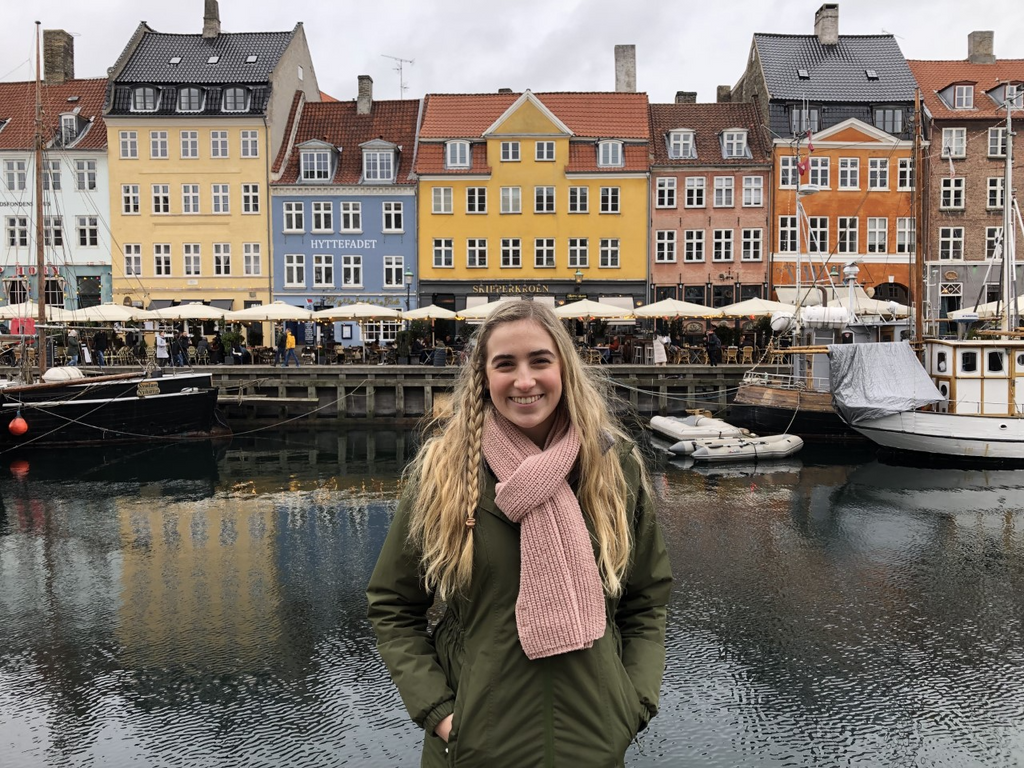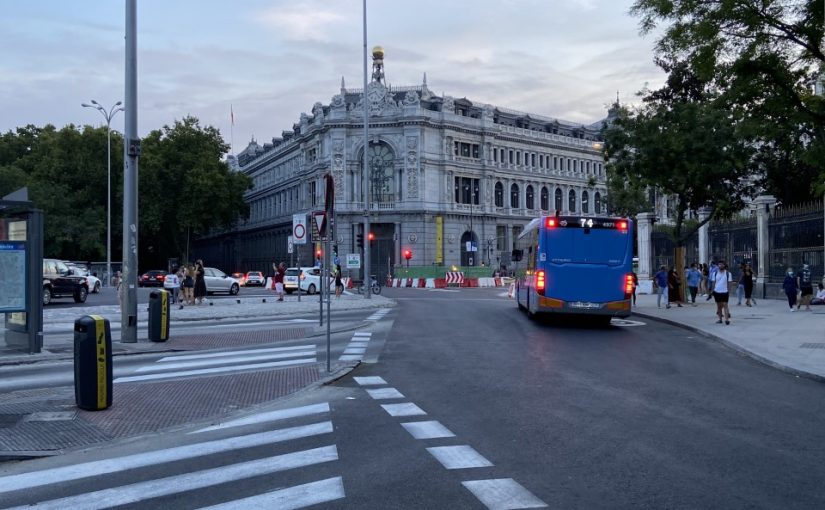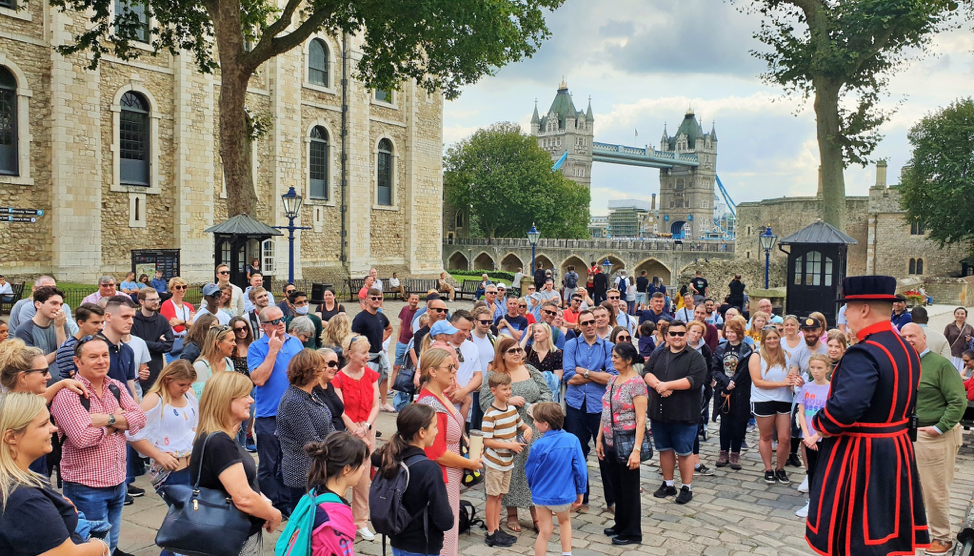Spencer Morgan (CFA’23)
I have always wanted to study abroad; the ability to do so was one of the major deciding factors for me during my college search and selection process. Interestingly, I am now part of an academic program that requires students to study abroad, such is the importance of expanding one’s world view to my college. I feel that my experience, so far, has done exactly that: my perspectives on place, identity, and culture have all be broadened while attending school, going to work, and traveling around one of the greatest cities in the world: London.
School
In the academic portion of my program, I decided to focus on history and art, which has meant taking classes on foreign policy, societal change, and of course contemporary and modern art. I have not only been able to see some wonderful special exhibitions, unique monuments, and moving performances as a result of these classes, but in taking them have nearly completed a declared minor in History and possibly another in the History of Art and Architecture.
Work
In the internship portion of my program, I was paired with the City of Westminster Archives’ Conservation Department. Over the course of the past few weeks, I have joined a small cohort of volunteers in mounting, framing, and packaging objects in preparation for a special exhibition, ‘Life in Victorian Westminster’. It has been a wonderful introductory experience to the field, re-affirming my desire to go into the heritage sector.
Travel
In my free time, I made a point of going out in the city to explore the numerous museums, parks, and other points of interest. I also traveled on most weekends to other towns, like Brighton, Kirkwall, and Dover, and major cities, like Edinburgh, York, Liverpool, and Bath.
I always knew that I was going to study abroad, but I could never have anticipated doing so during a pandemic. I admit that there were challenges – travel restrictions, isolation requirements, and other necessary protocols – that made the experience different than what I had imagined going into college. However, different doesn’t mean bad; I had an incredible time and was able to make some fantastic memories with some wonderful people.
I left London with a broadened world view and a new zest for life that I know will stay with me for many years to come.



